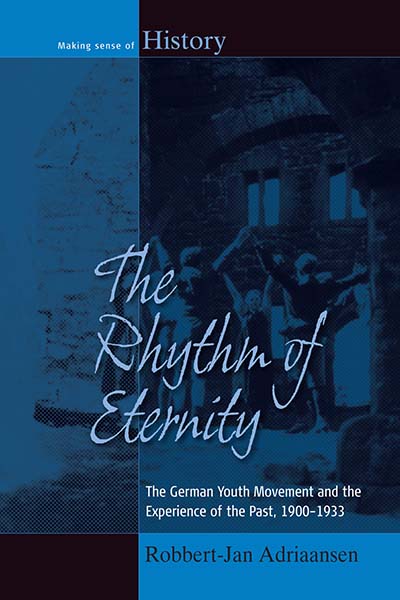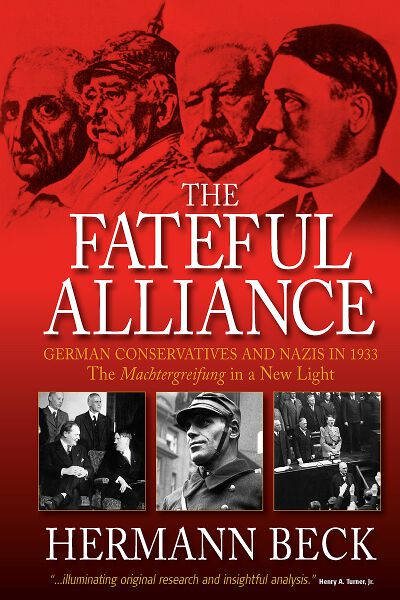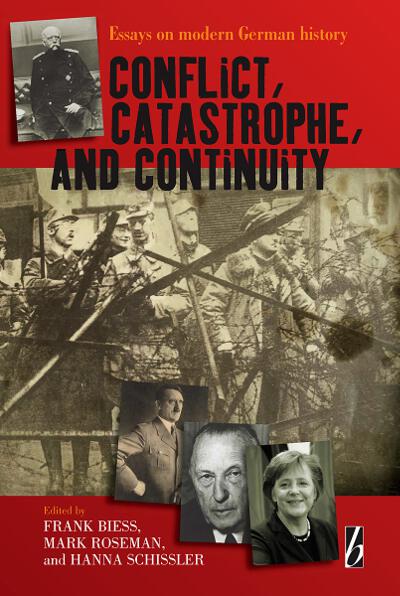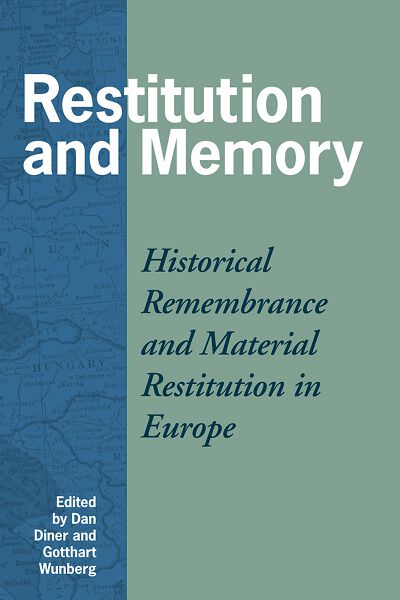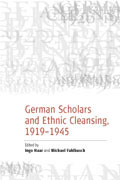
Email Newsletters
Sign up for our email newsletters to get customized updates on new Berghahn publications.
German Scholars and Ethnic Cleansing, 1919-1945
Edited by Ingo Haar and Michael Fahlbusch
With a Foreword by Georg G. Iggers
322 pages, bibliog., index
ISBN 978-1-57181-435-7 $135.00/£104.00 / Hb / Published (January 2005)
ISBN 978-1-84545-048-9 $34.95/£27.95 / Pb / Published (February 2006)
eISBN 978-1-80758-898-4 eBook
Reviews
CHOICE OUTSTANDING ACADEMIC BOOK OF THE YEAR 2005
“Ingo Haar and Michael Fahlbusch have done a great service to the study of the internal co-optation of scholars into the Nazi ideology and praxis by putting together unflinching essays of the involvement of historians and members of other professions and academic fields in the structure of the Third Reich…The book is well edited and presents a wide range of important material …the place of Haar and Fahlbusch in the ranks of capable and exacting chroniclers of this period is assured.” · German Studies Review
"All in all, this collection, made pleasantly user-friendly through the index and bibliography, offers an important first step towards the internationalization of the German debate. One can only hope that this initiative will be followed through by other researchers." · Zeitschrift für Geschichtswissenschaft
Description
Recently, there has been a major shift in the focus of historical research on World War II towards the study of the involvements of scholars and academic institutions in the crimes of the Third Reich. The roots of this involvement go back to the 1920s. At that time right-wing scholars participated in the movement to revise the Versailles Treaty and to create a new German national identity. The contribution of geopolitics to this development is notorious. But there were also the disciplines of history, geography, ethnography, art history, archeology, sociology, and demography that devised a new nationalist ideology and propaganda. Its scholars established an extensive network of personal and institutional contacts. This volume deals with these scholars and their agendas. They provided the Nazi regime with ideas of territorial expansion, colonial exploitation and racist exclusion culminating in the Holocaust. Apart from developing ideas and concepts, scholars also actively worked in the SS and Wehrmacht when Hitler began to implement its criminal policies in World War II.
This collection of original essays, written by the foremost European scholars in this field, describes key figures and key programs supporting the expansion and exploitation of the Third Reich. In particular, they analyze the historical, geographic, ethnographical and ethno-political ideas behind the ethnic cleansing and looting of cultural treasures.
Michael Fahlbusch lives in Switzerland. He studied Geography in Münster and Zürich. He has written on the history of science, ethnic cleansing and ethno-politics in 20th–century Europe.
Ingo Haar is working as a Research Fellow in the Berlin Centre of Research on Anti-Semitism (Zentrum für Antisemitismusforschung, Berlin). He was a member of the Austrian Historical Commission on History of National Socialism and has worked extensively on the involvement of historians in the policies and ideology of the Third Reich.

